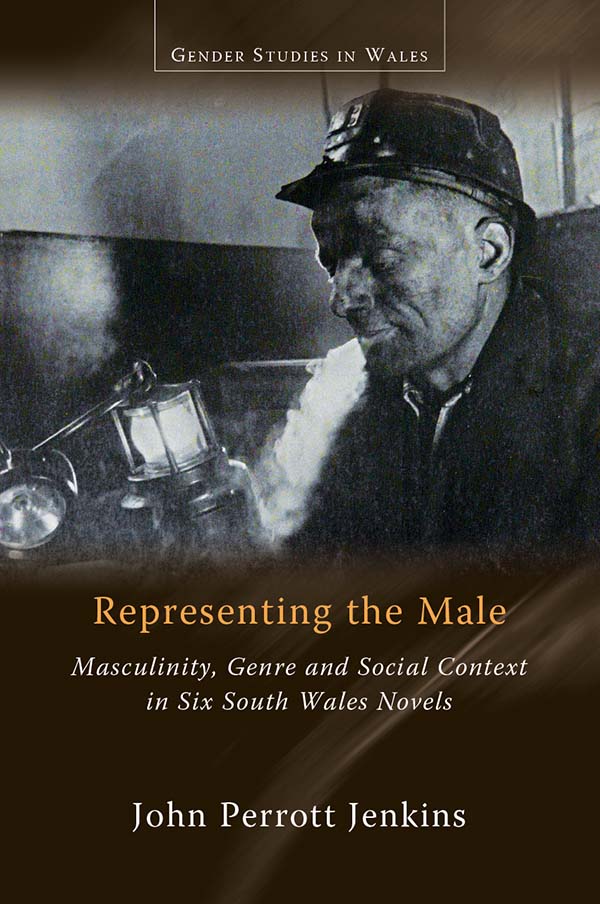Representing the Male
Masculinity, Genre and Social Context in Six South Wales Novels
Author(s) John Perrott Jenkins
Language: English
Genre(s): Literary Criticism
Series: Gender Studies in Wales
- June 2021 · 256 pages ·216x138mm
- · Paperback - 9781786837783
- · eBook - pdf - 9781786837790
- · eBook - epub - 9781786837806
The book subjects male characters in six south Wales novels written between 1936 and 2014 to detailed, gendered reading. It argues that the novels critique the form of masculine hegemony propagated by structural patriarchy serving the material demands of industrial capitalism. Each depicts characters confined to a limited repertoire of culturally endorsed behaviourial norms – such as displays of power, decisiveness and self-control – which prohibit the expression and cultivation of the subjective self. Within the social organisation of industrial capitalism, the working-class characters are, in practice, reduced to dispensable functionaries at work while, in theory, they are accorded the status of patriarchally-sanctioned principals at home. Ideologically subservient and ‘feminised’ in one context, they are ideologically dominant and ‘masculinised’ in another. As they negotiate, resist or strive to reconcile the irreconcilable demands of such gendered practices, recurring patterns of exclusion, inadequacy and mental instability are made evident in their representation.
Introduction
1. Dominant, Residual, Emergent: Forms and Formations of Male
Identity in Gwyn Jones’s Times Like These (1936)
2. Genre and the Tribulations of Masculinity in Lewis Jones’s
Cwmardy (1937)
3. Investigating Genre and Gender in Menna Gallie’s Strike for a Kingdom (1959)
4. Genre and the Embodied Male in Ron Berry’s So Long, Hector Bebb
(1970)
5. Patriarchy, Power and Politics: Masculinities in Roger Granelli’s
Dark Edge (1997) and Kit Habianic’s Until Our Blood is Dry (2014)
Conclusion
Bibliography


